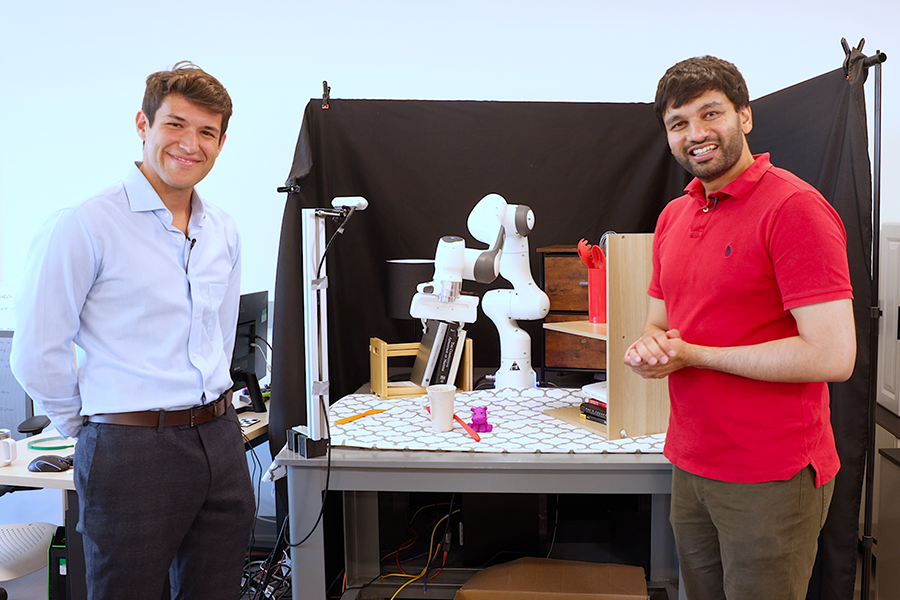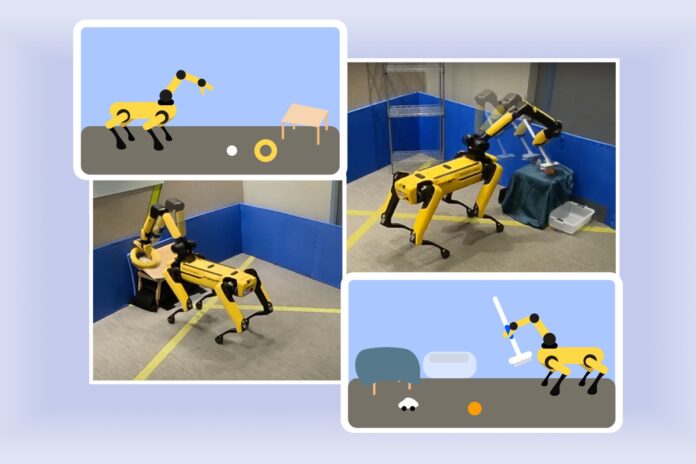In Short:
Roboticists at MIT CSAIL are working on training robots in specific environments quickly and efficiently using digital twins. The system, called RialTo, leverages real-world demonstrations to train robots in simulations, improving performance by 67% over traditional methods. The researchers are focusing on making the training process faster and more adaptable to new environments. The ultimate goal is to enable robots to autonomously learn and solve specific tasks in various scenarios.
MIT Researchers Develop RialTo: A Tool for Training Robots in Specific Environments
MIT Computer Science and Artificial Intelligence Laboratory (CSAIL) researchers have introduced RialTo, a tool designed to easily train robust robot policies for distinct environments. This innovation aims to enhance the performance of robots under varied conditions and disturbances within a single setting.
Taking your robot home
RialTo involves a detailed process starting with scanning the target environment using tools like NeRFStudio, ARCode, or Polycam. Users can make adjustments and add necessary joints to the robots once the scene is reconstructed. The refined scene is then brought into the simulator to develop policies based on real-world actions and observations.
Testing demonstrated that RialTo has successfully created strong policies for tasks such as opening a toaster, placing a book on a shelf, and more, showing significant improvement over traditional imitation learning methods.
The next level
The researchers are now focusing on enhancing the model’s adaptability to new environments, aiming for broader generalization capabilities. Their future goal is to leverage pre-trained models to accelerate the learning process and achieve better task-solving abilities for robots.
RialTo’s innovative approach has garnered positive feedback from experts, who recognize its potential in scaling up robot learning and adapting to complex real-world scenarios effectively.
This groundbreaking work was supported by the Sony Research Award, the U.S. government, and Hyundai Motor Co., with contributions from the WEIRD Lab. The researchers presented their findings at the Robotics Science and Systems (RSS) conference, showcasing the promising advancements in robot training and deployment.





